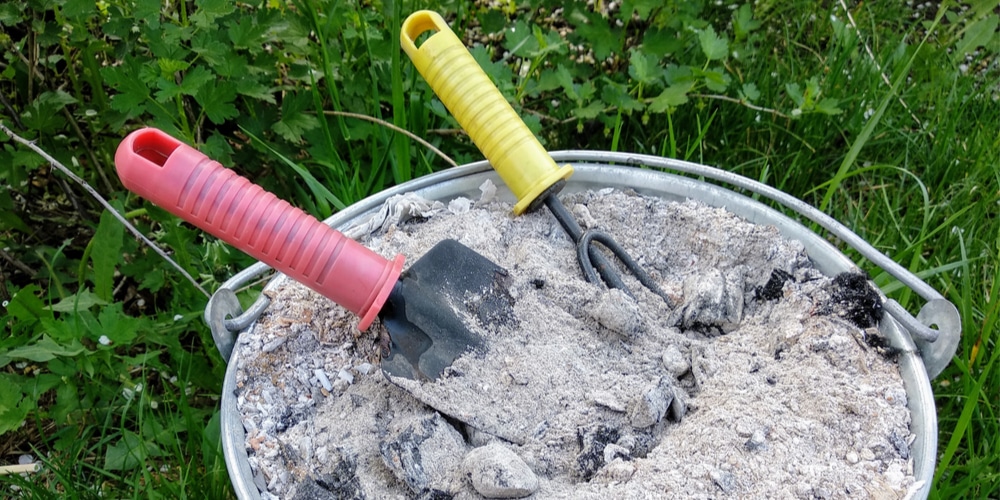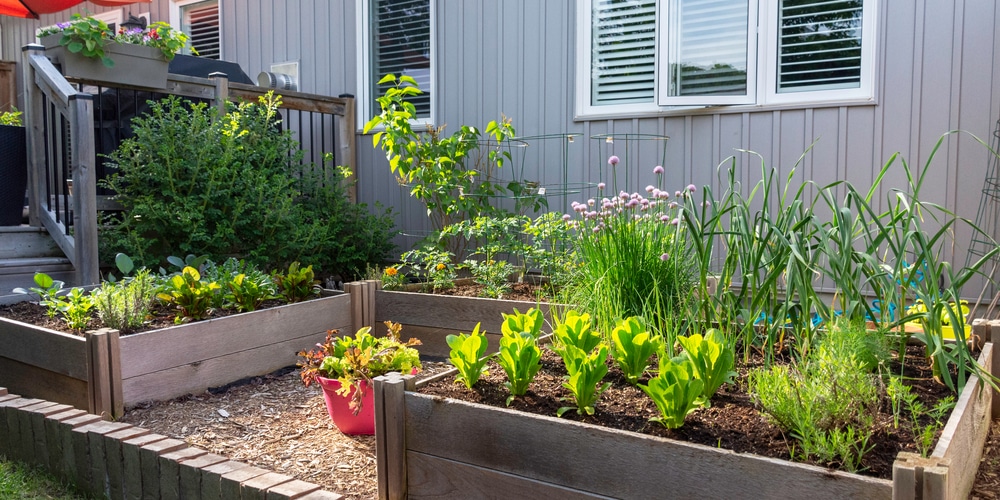Whether your goal is growing bountiful vegetables or the largest flowers in your neighborhood, you might wonder if wood ashes can help you achieve this.
In some cases, wood ashes are beneficial to gardens. But they can also be destructive. We’ll help you understand the best and worst use cases for wood ashes in your garden.
What Do Wood Ashes Do to Soil?
High-quality wood ashes can improve garden soil’s nutrient content and help neutralize acidic soil.
Acidic soil is that with a pH level below 7.0. So, by adding wood ashes to your soil, you can raise it above 7.0, giving it alkaline properties.
Some of the most notable nutrients that wood ashes can infuse into your garden soil include:
- Calcium
- Magnesium
- Potassium
- Phosphorus
- Lime
- Sulfur
Depending on the type of wood ash, it also might give your soil a small boost of nutrients such as aluminum, zinc, iron, boron, and more.
When It’s a Good Idea To Use Wood Ashes in Your Garden
It’s a good idea to use wood ashes in your garden under the following circumstances:
- Raise the soil pH
- Boost nutrient content
- Help control pests
Before adding wood ashes to your garden, we recommend testing your soil. Then, compare the test results with the type of plants you want to grow.
If your plants enjoy a more alkaline environment, but the results show acidic or neutral soil, then using wood ashes in your garden is an excellent option.
Similarly, if your soil lacks any of the nutrients that your wood ash contains, using it can be an excellent choice for ensuring your flowers or vegetables get the nutrition they need for maximum growth.
Pest control is another advantage of using wood ash in gardens. That’s because wood ash contains salt that kills and deters snails, slugs, and soft-bodied insects. But, as you’ll learn next, this salt content can be detrimental to your plants if you don’t apply the wood ash correctly.
Should you wish to harness these benefits of wood ash, we recommend applying it to moist soil on a calm day. That way, it’ll stay mostly contained within your garden, and you don’t have to worry as much about the health implications of this alkaline substance.
When It’s a Bad Idea To Use Wood Ashes in Your Garden
Although wood ash is beneficial to many gardens, it has some downsides. Situations that aren’t suitable for applying wood ash include:
- Lots of uncomposted ash
- Soil that’s already acidic
- Soil already rich in nutrients
- Poor quality ash
Applying a small amount of uncomposted ash to most gardens is safe. However, if you put more than a sprinkle of it in your soil, the lye and salts from uncomposted ash can end up burning your plants.
Furthermore, you shouldn’t put wood ashes in soil that’s already acidic enough for your plants or contains sufficient nutrients. Leaving well enough alone is the best policy in these cases.
That said, the type of wood you burn determines its nutrient composition. For example, hardwoods will have higher levels of nutrients than pine or other softwoods.
But the quality of ash you use in your garden goes beyond nutrients. Trees that grew near industrial sites and other areas where they came in contact with a lot of pollutants can bring heavy metals and toxins into your soil if you use its ash.
Similarly, you should never use ash from people burning harmful wastes, like garbage, plastic, and treated wood. These situations can infuse your soil with toxins and, thus, your plants.
The Bottom Line
Wood ash has several beneficial properties for the right garden. However, knowing your soil’s composition and the wood ash you want to use is vital before applying it.
Should you decide to apply ash to your garden, we recommend using 15 to 20 pounds per 1,000 square feet of space. Wood ash can be good for amending clay soil.

